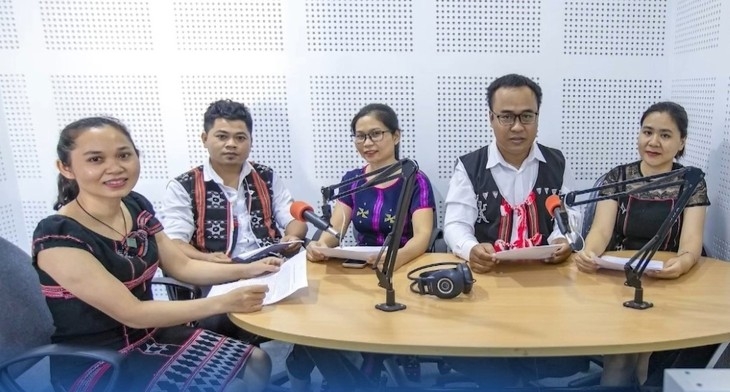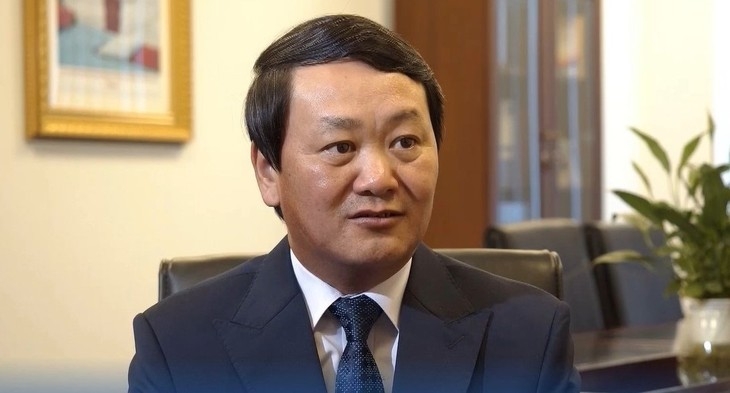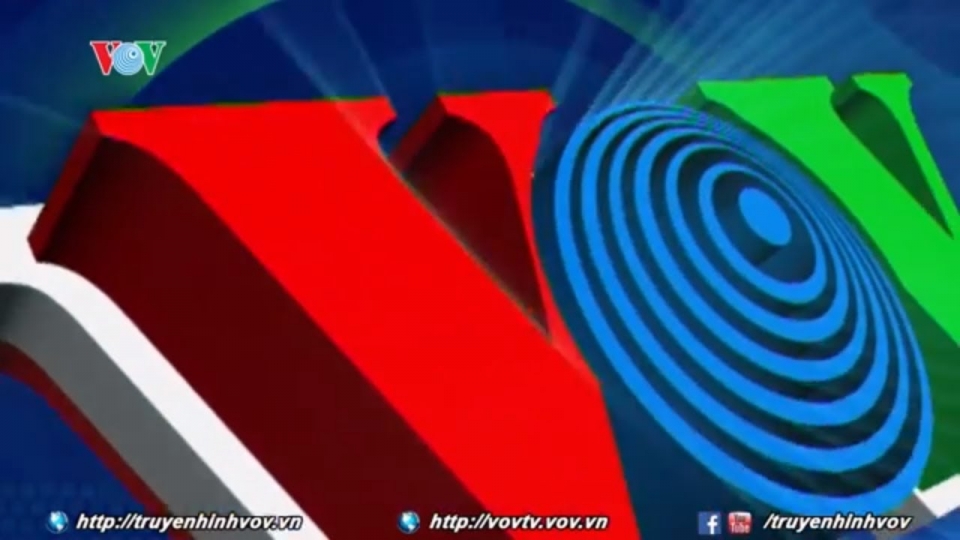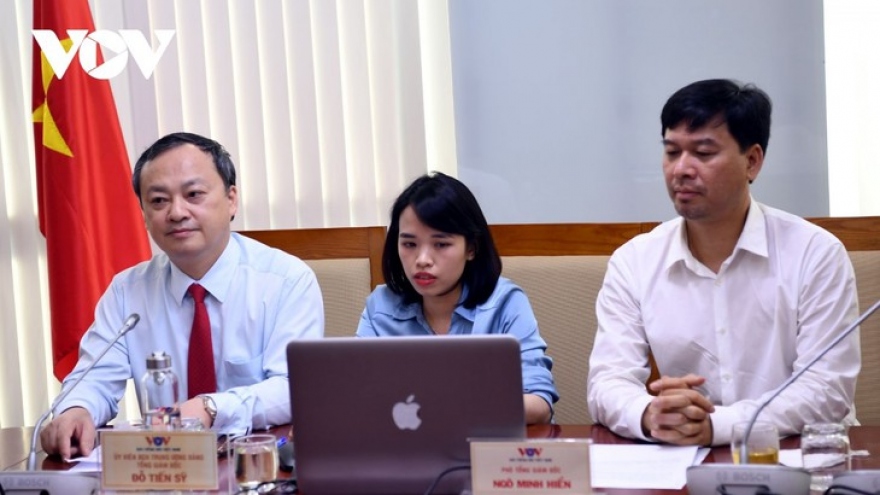Born in 1945: The Voice of Vietnam – The Voice of the People
VOV.VN - On September 7, 1945, the Voice of Vietnam was born, representing the voices of all Vietnamese, including ethnic communities. Through the years, VOV has served as a platform for people to share their thoughts and feelings.

In 1956, VOV was assigned a special mission: to produce programs in ethnic minority languages in order to bring the voice of the Party, the State, and daily life closer to every corner of the country.
Uong Ngoc Dau, former Head of VOV’s Ethnic Affairs Department, said broadcasting in ethnic minority languages actually began in 1954 with the support of some ethnic cadres coming from the South. These programs contributed to the struggle for national reunification, he added.
In 1993, VOV officially began broadcasting in 13 ethnic minority languages: including Mong, Thai, Dao, Ede, Bana, and Tay- Nung.
Whether in border highlands or distant villages, ethnic people can hear the familiar voices of their own communities on the national radio. These programs bring them trust and pride in their identity. Here are some of the listeners' reflections:
"I find these programs very meaningful. They’ve taught me a lot and showed me how each region has its own unique tradition. They fuel our love for our customs and our appreciation for Vietnam’s traditions as a whole."
"My favorite is VOV’s Thai language program. It covers farming, food, culture, and the arts. What I love most are cultural stories, particularly about the Xoe dance and other traditional dances of our Thai people."
Generations of VOV reporters have trekked through forests and mountains to remote villages, bringing the voices of the people to the airwaves. Each program is more than news - it carries the breath of daily life.

Hau A Lenh, Secretary of the Tuyen Quang provincial Party Committee and former Minister - Chairman of the Committee for Ethnic Minority Affairs, highly valued VOV’s programs in ethnic minority languages, saying “Since the very beginning, they have played an important role in bringing information to ethnic communities.”
At the same time, VOV has reflected ethic people’s voices and concerns, providing a basis for the Party, the State, and local authorities to improve socio-economic policies for ethnic groups, he noted.
VOV’s broadcasts not only show the care of the Party and the State for ethnic communities, but also help preserve and promote Vietnam’s rich cultural heritage.



